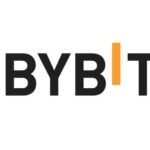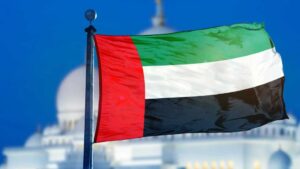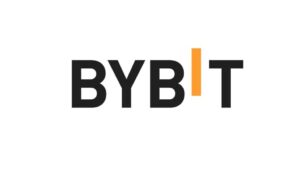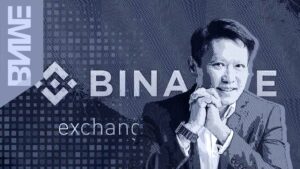Located in the heart of the Middle East’s prime center, Abu Dhabi is UAE’s capital. This city remains the second-most populous city in the country after Dubai. In March this year, Binance secured an In-Principle Approval.
As the world’s largest cryptocurrency exchange, this approval allows it to operate as a broker-dealer in digital assets in the UAE capital. For UAE, the Financial Services Permission obtained by Binance serves to allow the Abu Dhabi Global Market to unlock profitable investment opportunities for the region. This in turn encourages economic growth. More so, it increases recognition of ADGM as a body that provides inclusive framework and regulations as an International Financial Centre.
What does this approval mean for Blockchain in the Middle East?
Binance is the world’s leading and most popular crypto exchange platform. It has a strong presence in several countries including the USA, and several European and African countries. Abu Dhabi’s approval of Binance makes it the third regulatory approval in the Middle East after Bahrain and Dubai. For residents of the Middle East, this can lead to increased awareness of the technology. Furthermore, an improvement in their socio-economic status.
Blockchain is a shared immutable ledger that exists across a network. Many countries in the Middle East still view Blockchain warily, with several imposing bans on the technology. It is becoming apparent that Blockchain technology is here to stay as a system that allows for quick and efficient transfer and exchange of services. No doubt, the regulations are bound to ease up with Middle East countries accepting Blockchain.
The possibilities and opportunities that Blockchain offers for every economy are quite vast. Its immutable, decentralized, secure, and transparent features will allow for quicker adoption of Blockchain technology in the Middle East region.
What Sectors Will Be Impacted?
No doubt, Blockchain is found mainly in crypto, NFTs, and the financial services sector. However, the Middle East can also leverage the technology in areas of investments, government, and economic services. Blockchain is an emerging technology that impacts in
- Government: Blockchain can be used for record-keeping. Hence, reducing corruption and improving trust between the government and its citizens
- Health: The decentralized system of Blockchain will serve as a platform to protect patients’ medical records and provide insights on how to fight diseases.
- Education: By providing accountability through smart contracts, Blockchain makes access to students’ records easier. It further helps employers guarantee the genuineness of a degree or certificate.
- Real Estate: Blockchain influences real estate by providing a smoother and faster way for buyers and sellers in the industry to connect. Also, it avoids the costs that come with intermediaries.
- Business: For businesspersons, Blockchain technology enables enterprises to transact beyond geographical borders. Hence, improving the growth and efficiency of businesses.
Bottomline
In essence, the singular act of Binance being approved in Abu Dhabi can have a ripple effect in the Middle East. For one, it can solve a good number of socio-economic policies crippling the growth of this region. The UAE has always been at the pinnacle of the adoption of technological innovations in the Middle East. Blockchain technology powers cryptocurrencies, the major service that Binance provides. For the Middle East, the approval of Binance by Abu Dhabi establishes Blockchain technology as acceptable. This acceptance and the potential of Blockchain will aid a smoother integration of the technology into the region.




























